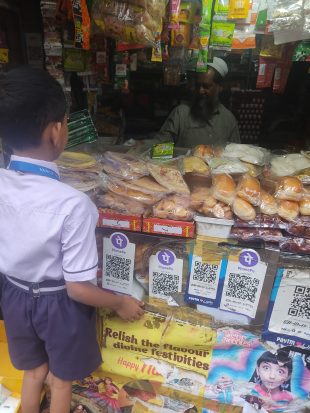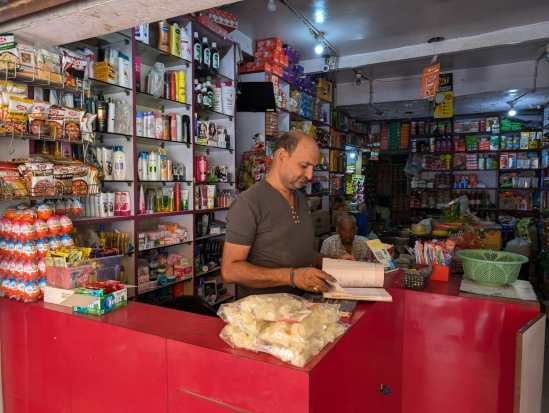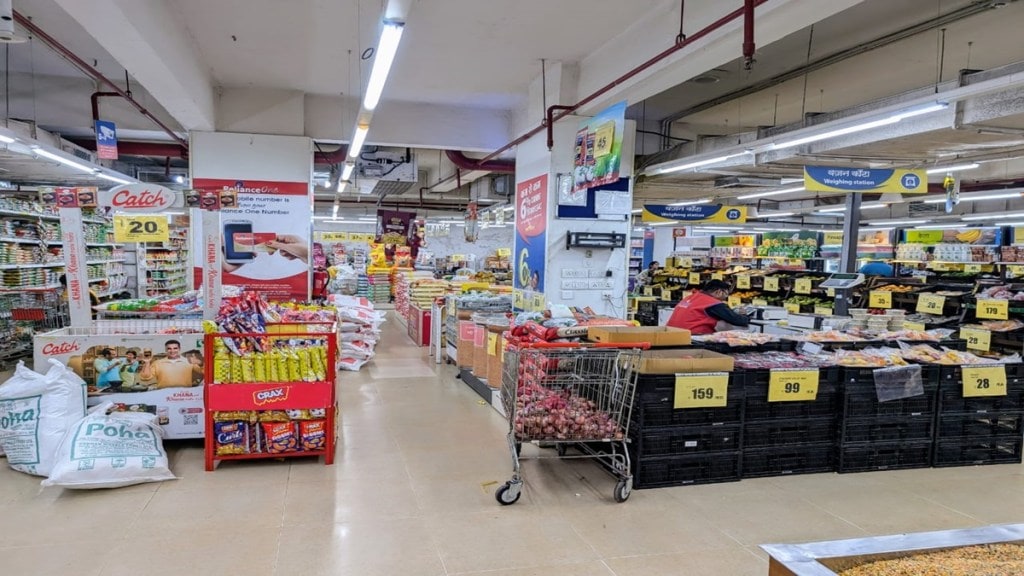Abdul Ansari, a kirana store owner in the Vakola area of Santacruz, Mumbai, is unclear how the next-generation GST reforms, which became effective on Monday, will be implemented. He remains unwilling to pass on the price benefits to consumers, saying that the existing inventory has higher price tags, preventing him from doing much.

Dolly Singh, a store manager at Walk2Mart, a local supermarket in Andheri, Mumbai, is blunt. “How can I pass on the price benefits when the inventory does not reflect the price change?” she asks. However, Singh remains hopeful that fresh inventory with revised pricing will begin hitting the market in the next 15-20 days. Lower prices will be passed to consumers by then, she says.
Ansari and Singh are not the only last-mile retailers with lack of clarity on implementation of GST 2.0. Mom-and-pop and neighbourhood stores — considered the backbone of the fast-moving consumer goods (FMCG) industry — across cities such as Delhi-NCR and Ahmedabad apart from Mumbai remain confused over the rollout, saying that they will wait to see how the new GST rates would reflect in billing and pricing.
Sanjiv Mehra, president of Khan Market Traders Association in Delhi, pointed to “a lot of implementation-based queries” that still need clarity. “Once our queries are addressed, we will definitely educate our traders.”
Suresh Ratan, president of New Delhi’s Bengali Market Traders’ Association, said the members were “thrilled” with the changes and had already held awareness meetings.
Traditional trade contributes 75-80% of sales to FMCG companies and are important channel partners.
Modern trade and FMCG companies lead implementation
The trend at kiranas stands in contrast to modern trade, which constitutes 12-15% of FMCG sales in India. Organised retailers such as DMart and Reliance Retail have moved to the new tax regime right from Day 1, with updated billing and point of sale machines, revised price lists from manufacturers for consumer convenience, and a high-level of preparedness to deal with more footfalls.
FMCG companies say that they have begun issuing invoices to their trade partners at the new GST rates Monday onwards after working overnight for days to shift to the new regime. Most FMCG companies have also announced the revised pricing through full-page ads, social media handles and trade notices and have also begun manufacturing fresh stock with new price labels.
“We decided to pass on the GST benefits from Day 1 of implementation. So, we are ready with our backend systems and are in touch with FMCG companies to ensure the transition process is smooth,” an executive at Reliance Retail said.
A store manager at a Reliance Retail outlet in Indirapuram in Delhi-NCR said on Monday that the billing systems with the new tax codes were in place and that existing inventory was being sold at the revised price. New inventory would get into shop shelves the moment it was delivered. The retailer was also prominently displaying the revised prices at its shop floor.

“The initial days of GST 2.0 may see some challenges on the ground. Smaller retailers would look to liquidate their existing stock. Larger retailers have been preparing for the transition for the last few weeks. FMCG companies have been communicating with all their trade partners of the price benefits on products,” Mohit Malhotra, CEO, Dabur India, said.
Sudhir Sitapati, MD & CEO, Godrej Consumer Products, said the short term following the rollout of GST 2.0 would be complicated. “The period immediately following the GST announcement usually sees some slowdown, as everyone waits for the new rates and market transitions to take place. But looking ahead to Diwali, I am optimistic that it will be a much better season than last year,” he said.
Composite-tax small businesses face limitations
Tax experts say that the reluctance by small retailers to pass on the GST benefits on existing stock has to do in part with the composite tax scheme for small businesses with a turnover below Rs 50 lakh. These businesses typically do not get the benefit of input and output tax on transactions. Instead, they are asked to pay 1% of their turnover as tax, which limits their ability to pass on the price benefits on existing inventory in the event of GST cuts.

Meanwhile, at Delhi’s Tilak Nagar area, a retailer says that he will not pass on the price benefits on dairy products despite price cuts announced by Mother Dairy last week. In Mumbai, a retailer in the Bandra area says he is unclear about the price changes announced by dairy brand Amul and will wait for a few more days before passing on the benefits. In Ahmedabad, retailers say that the impact of the revised GST rates will be visible only in the coming days.
“We will be able to understand the impact of the lower tax rates and buying behaviour in the days ahead. That will also help us determine the addition of more inventory to meet customer demand,” a food & beverage retailer in Ahmedabad said.
